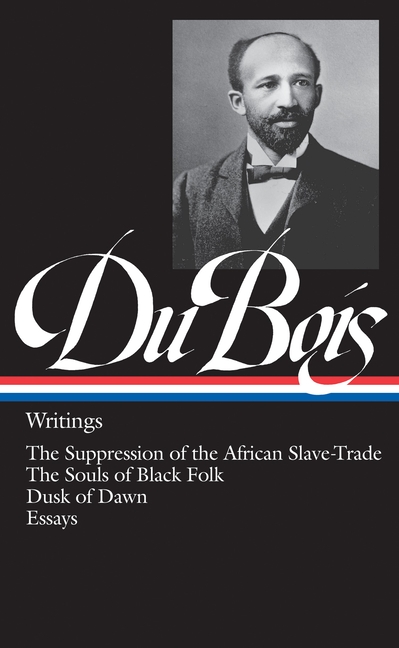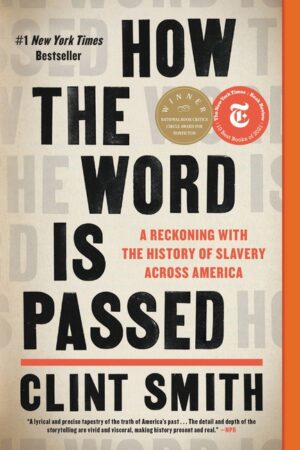Historian, sociologist, novelist, editor, and political activist, William Edward Burghardt Du Bois was the most gifted and influential black intellectual of his time. This volume presents his essential writings, covering the full span of a restless life dedicated to the struggle for racial justice.
“The Suppression of the African Slave-Trade to the United States 1638-1870” (1896), his first book, renders a dispassionate account of how, despite ethical and political opposition, Americans tolerated the traffic in human beings until a bloody cival war taught them the disastrous consequences of moral cowardice.
“The Souls of Black Folk” (1903), a collection of beautifully written essays, narrates the cruelties of racism and celebrates the strength and pride of black America. By turns lyrical, historical, and autobiographical, Du Bois pays tribute to black music and religion, explores the remarkable history of the Reconstruction Freedman’s Bureau, assesses the career of Booker T. Washington, and remembers the death of his infant son.
“Dusk of Dawn” (1940) was described by Du Bois as an attempt to elucidate the “race problem” in terms of his own experience. It describes his boyhood in western Massachusetts, his years at Fisk and Harvard universities, his study and travel abroad, his role in founding the N.A.A.C.P. and his long association with it, and his emerging Pan-African consciousness. He called this autobiography his response to an “environing world” that “guided, embittered, illuminated, and enshrouded my life.”
Du Bois’s influential essays and speeches span the period from 1890 to 1958. They record his evolving posistions on the issues that dominated his long, activelife: education in a segregated society; black history, art, literature, and culture; the controversial career of Marcus Garvey; the fate of black soldiers in the First World War; the appeal of communism to frustrated black Americans; his trial and acquittal during the McCarthy era; and the elusive promise of an African homeland.
The editorials and articles from “The Crisis” (1910-1934) belong to the period of Du Bois’s greatest influence. During his editorship of the N.A.A.C.P. magazine that he founded, Du Bois wrote pieces on virtually every aspect of American political, cultural, and economic life. Witty and sardonic, angry and satiric, proud and mournful, these writings show Du Bois at his freshest and most trenchant.





